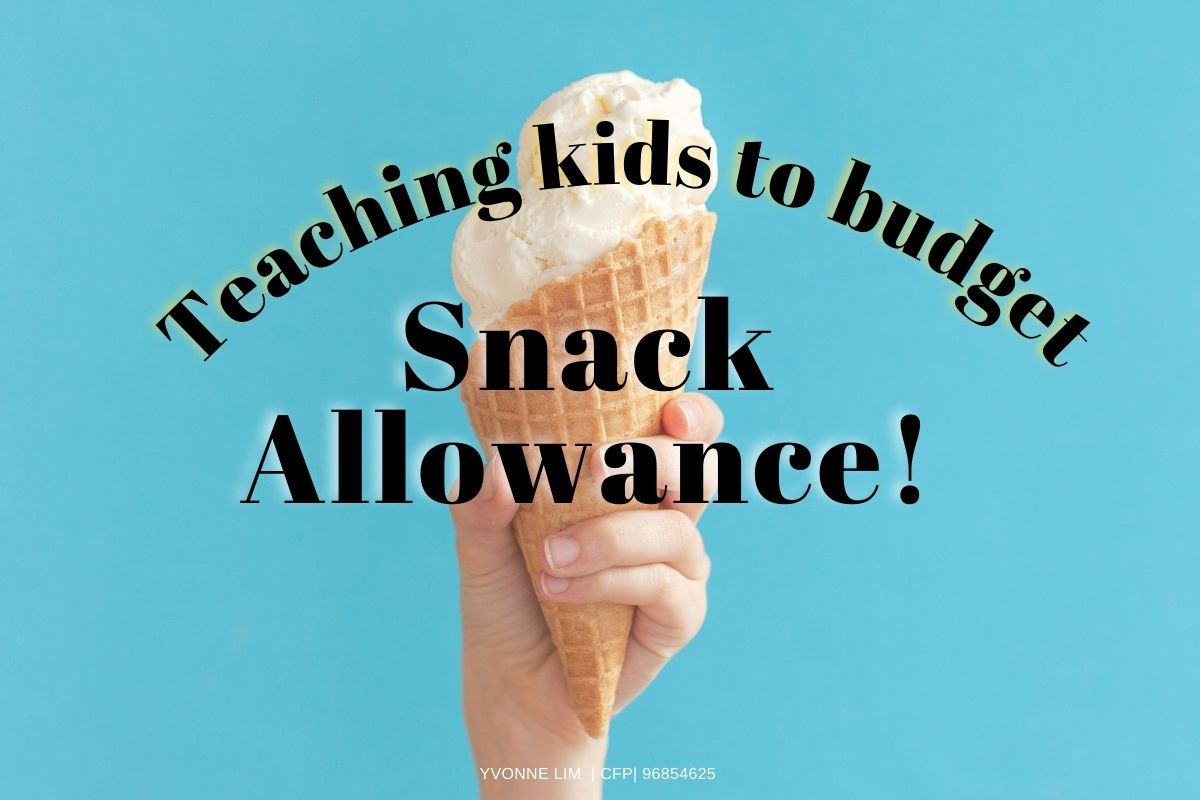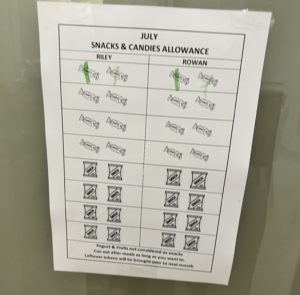
How to teach kids about budgeting? Try this!
Parents of young children frequently ask me a recurring question: “What is the best approach to teach my kids about personal finance?” While the task itself may not be overly challenging, finding an enjoyable and non-materialistic approach can be. To tackle this, I have begun exploring a different way by focusing on “resource planning” instead of purely financial planning.
And the resource? SNACKS.
My kids (Riley & Rowan) are now on a Snack Budget. They receive a limited amount of snacks per month and they are allowed to make their own choices on when/what they want to eat. So far, I think it’s been fairly effective. It instils responsibility AND it saves me my sanity. I no longer have to deal with their constant requests for snacks. Here is a short summary of the steps involved in this approach:
1. Explain the concept: Start by explaining the idea of limited resources, budgeting and allocation. Explain it through themes such as Time, Money & Resource (in this case, snacks).
2. Set a monthly snack allowance: Determine a reasonable amount of snacks that your child can have in a month. This could be a fixed number. You can also set some rules. For example, snacks are only allowed after breakfast, or snacks are only allowed to be taken out from a dedicated snack box. (It will also be wise to keep a higher proportion of quality snacks at home, to manage the diet).
3. Track and plan: Help your kids create a simple tracking system, such as a chart or a notebook. Personally, I print this out for them. Every time they grab a snack, they would have to cross out one ‘token’. The snack tokens only get replenished at the start of the next month. 
If your kids are older:
4. Involve them in the shopping: Take them along when grocery shopping and involve them in making choices. Give them an allowance ($), and allow them to choose their own snacks. This will help them understand the value of money and the importance of making good choices.
5. Encourage saving: Teach your child the benefits of saving money. If they manage to have some snacks left at the end of the month, encourage them to save that extra amount for future goals or treats.
By teaching children budgeting through limited snack allowances, they can learn valuable lessons about money management & making choices. This approach can lay a strong foundation for their financial & personal well-being in the future.
If you try this and it works, do drop me a note too. would love to hear more about it 😉
Important: The information and opinions in this article are for general information purposes only. They should not be relied on as professional financial advice. Readers should seek unbiased financial advice that is customised to their specific financial objectives, situations & needs. This advertisement or publication has not been reviewed by the Monetary Authority of Singapore.

Published By:
Lim Zhiwen Yvonne
I believe that “Worrying is not planning and Hope is not a good strategy”, and that the purpose of Financial Planning is to allow us to lead fulfilling lives while being financially wise.
As such, my role as a Certified Financial Planner CFP® is to help my clients build those sound financial strategies and design action plans that put them on track to their financial goals so that they can live the best possible life for themselves.
This is done via a systematic approach of ongoing cash flow management & asset allocation, as well as investment management, estate planning, and tax optimization.
I also ascertain that I stay up-to-date with industry trends and policies changes to ensure that my clients benefit from the latest strategies and opportunities available.
Over the years, I have developed a specialty in comprehensive financial planning for busy legal professionals & educators. I also particularly like assisting working mothers & young families to achieve their long term financial goals. Working with one of the largest financial advisory (FA) firm in Singapore also frees me from product pressures and allows me to only recommend solutions that suit my client’s needs. And client’s interest, is always the core of my FA business.
Being a wealth planner is my dream career and this is what I hope to do for a long time.
Other than financial planning & investment, I love to travel, read, bake and I am an adrenaline enthusiast. I am most looking forward to the day my children join me on my adventures.

CONTACT US
- 150 Beach Road #12-01/08, Gateway West Singapore 189720
- +65 62221889
- +65 62221019
- feedback@fa.com.sg
